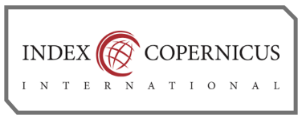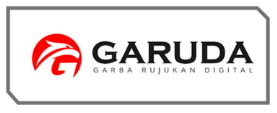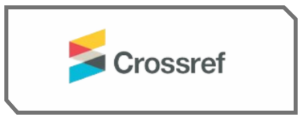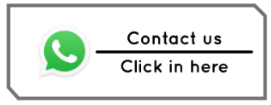The Strategic Role of Islamic Religious Education in Shaping the Values and Character of Adolescents in Lombok
DOI:
https://doi.org/10.63265/jser.v2i2.165Keywords:
Islamic education, adolescent character, moral developmentAbstract
Adolescents face various social and clinical issues, including risky sexual behavior, unwanted pregnancies, sexually transmitted infections (STIs), HIV/AIDS, substance abuse, and other maladaptive behaviors. These problems often arise due to a lack of understanding of Islamic teachings. This study aimed to examine the relationship between Islamic knowledge and adolescent character in Lombok. A descriptive-analytic study with a cross-sectional design was conducted involving 50 adolescents selected through random sampling. Data on Islamic knowledge (independent variable) and adolescent character (dependent variable) were collected and categorized as good, fair, or poor. Data analysis included univariate descriptions of sociodemographic characteristics and bivariate analysis using the Chi-square test with a significance level of p < 0.05. The results indicated a significant relationship between Islamic knowledge and adolescent character (p = 0.000). Adolescents with good Islamic knowledge predominantly exhibited positive character traits, while those with poor knowledge were more likely to display negative behaviors. The findings highlight the importance of Islamic education in shaping moral values, ethical behavior, and social responsibility among adolescents. Integrating Islamic education within family, school, and community settings can strengthen character development, provide moral guidance, and equip adolescents to navigate modern societal challenges, including technology and social media exposure. This study underscores the critical role of Islamic education as both a source of religious knowledge and a foundation for fostering responsible, ethical, and socially competent adolescents.
References
Abdullah, S. (2010). Moral Value Inventory for Muslim Adolescents (MVIMA). ScienceDirect.
Anwar, S. (2016). Peran Pendidikan Agama Islam dalam membentuk karakter bangsa. Al-Tadzkiyyah: Jurnal Pendidikan Islam, 7(November), 157–169.
Arisjulyanto, D., Ismail, D., & Fuad, A. (2019). Intensity of social media use with premarital sexual behavior of adolescents in SMK 2 Gerung West Lombok. Universitas Gadjah Mada.
BKKBN. (2017). Remaja bonus demografi. Jakarta.
Djaelani, S. (2013). Peran pendidikan agama Islam dalam keluarga dan masyarakat. Jurnal Ilmiah Widya, 1.
Hidayat, N. (2015). Peran dan tantangan pendidikan agama Islam. Jurnal Pendidikan Agama Islam, (1), 61–74.
Izzah, I. (2018). Peran pendidikan agama Islam dalam. Jurnal Pedagogik, 05(01), 50–68.
Kusmiran, E. (2014). Kesehatan reproduksi remaja dan wanita. Jakarta: Salemba Medika.
Maesaroh, S. (2013). Peranan metode pembelajaran terhadap minat dan prestasi belajar pendidikan agama Islam. Jurnal Kependidikan, 1(1), 150–168.
Mareta, M. (n.d.). Urban and rural Madrasah Aliyah characteristics in Lombok Island. Berugak Journal.
Pakpahan, C., et al. (2025). Navigating adolescence matters in Indonesia: Insights and implications. PubMed Central (PMC).
Rahim, & Yusof. (n.d.). Related comparative studies on Islamic schools. repository.uinmataram.ac.id
Ratnasari, K., Permatasari, Y. D., & Sholihah, M. (2020). Peran pendidikan agama Islam dalam pembentukan karakter sosial dalam bermasyarakat. Falasif, 11(September 2020), 153–161.
Research on the making and transformation of Islamic education in Lombok. (n.d.). ResearchGate.
Rohima, S. (2019). Peran pendidikan agama Islam dalam era industri 4.0. Ittihad, IV(1).
Samsudin. (2019). Peran pendidikan agama Islam dalam membentuk kepribadian di era disrupsi. Tribakti: Jurnal Pemikiran Islam, 30, 148–165.
Sobry, M. (2022). The management of student moral development: Ihya' Ulumuddin Islamic Boarding School, Masbagik, East Lombok. International Journal of Science and Society.
Yuhana, A. N. (2019). Optimalisasi peran guru pendidikan agama Islam sebagai konselor dalam mengatasi masalah belajar siswa. Jurnal Penelitian Pendidikan Islam, 7(1).
Zulkifli, N. (2022). Moral values application in Islamic education teaching. MDPI Proceedings.
Downloads
Published
How to Cite
Issue
Section
License
Copyright (c) 2024 Journal of Social And Education Research

This work is licensed under a Creative Commons Attribution-NonCommercial 4.0 International License.










